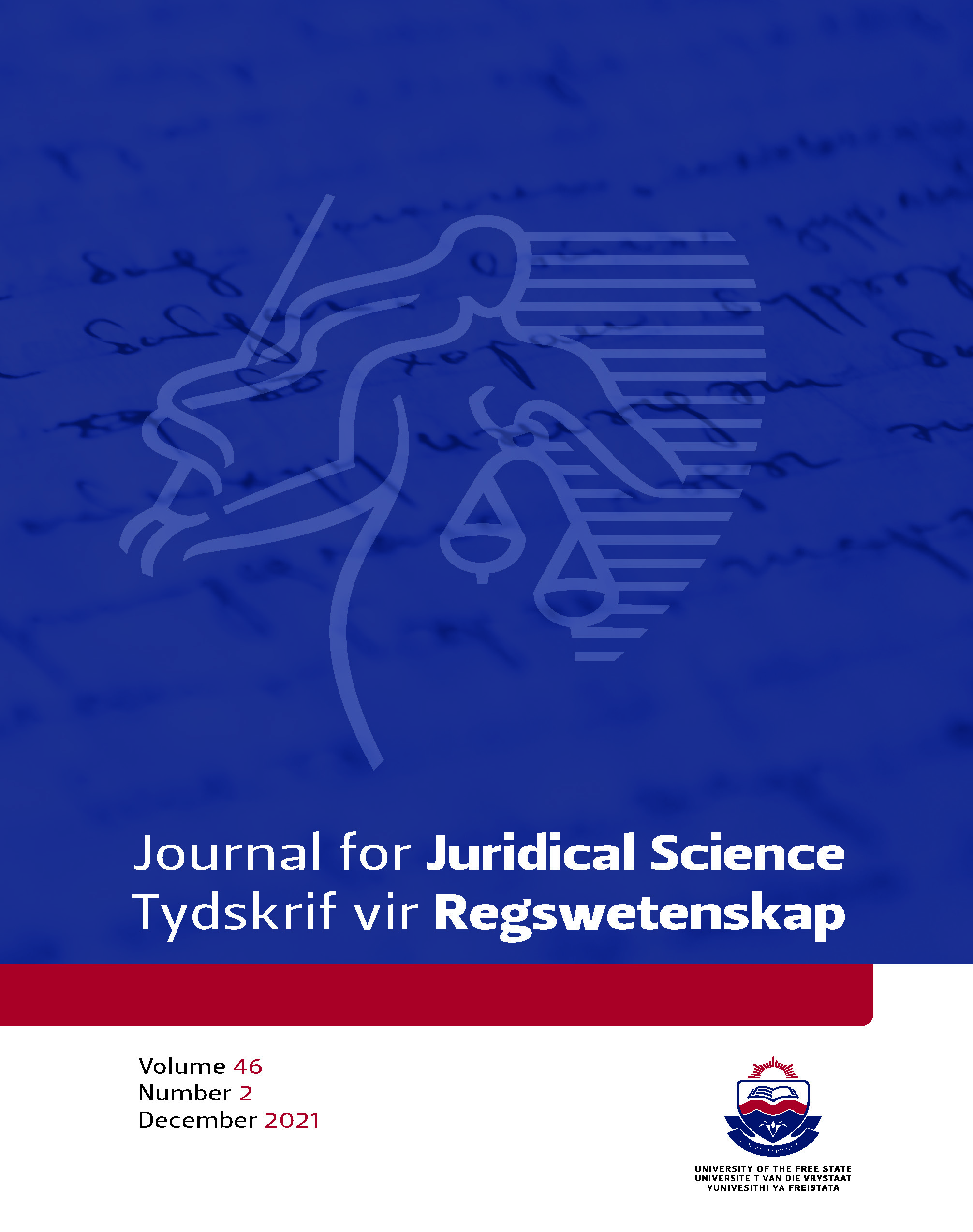An assessment of sentencing approaches to persons convicted of white-collar crime in South Africa
DOI:
https://doi.org/10.18820/24150517/JJS46.i2.5Abstract
Assessing court sentencing approaches to persons convicted of white-collar crime is a complex task. For the purposes of this article, this research task involved assessing the appropriateness of sentences imposed within the proportionality principle during the period 2016 to 2021 in South Africa. This further involved the empirical use of both qualitative and quantitative methodologies, in order to determine how commercial courts – in this case, the Bellville Commercial (Regional) Court – impose a sentence on white-collar criminals. The article establishes that, in South Africa, categories of white-collar crime such as corruption, racketeering, fraud and money laundering are increasingly reported by the media, independent institutions and government. There is a public perception that courts are generally lenient in sentencing white-collar offenders. This article aims to determine the appropriateness of a sentence, within the principle of proportionality, for white-collar criminals, in order to deter this type of crime.
Downloads
##submission.downloads##
Published
Issue
Section
License
Copyright (c) 2021 CD Magobotiti

This work is licensed under a Creative Commons Attribution 4.0 International License.




